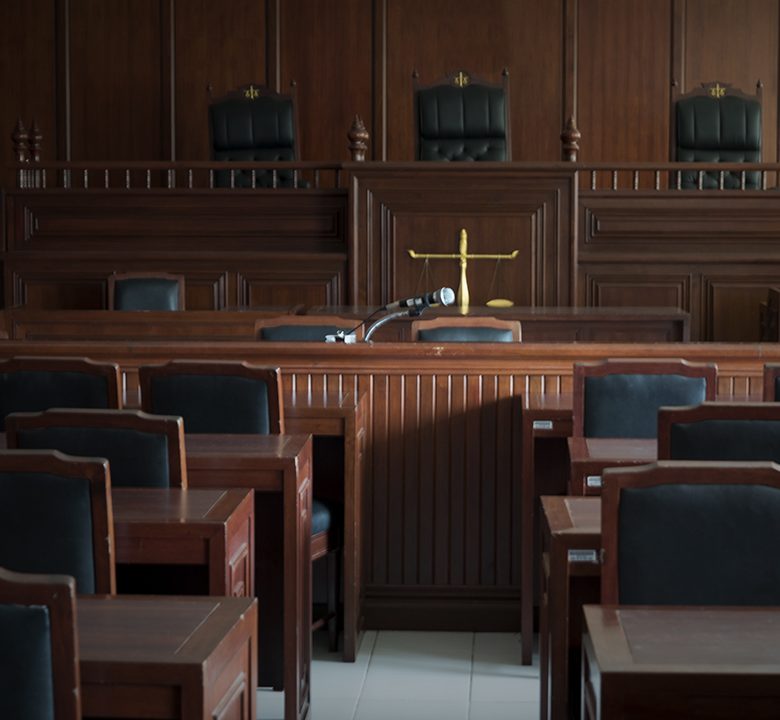Arraignment in Michigan District Court
The first is that the Court notifies the Defendant of the crimes that the prosecutor has brought against them. The Judge or Magistrate will either read the criminal complaint along with maximum punishments or if represented by an experienced criminal defense attorney, he or she will waive the formal reading of the criminal complaint. At that point a plea of “not guilty” will be entered on the defendant’s behalf. The hearing then moves to the issuance of bond or bail.
Bond or Bail
Under Michigan Law MCL 75.6, a person is entitled to bail and the amount of that bail shall not be excessive. A bond or bail are conditions that must be met for the release of the accused defendant so that they may remain out of jail during the pendency of their case. These conditions are often in the form of a dollar amount that must be posted on the defendant’s behalf to ensure their appearance in Court. When reviewing the case to determine a reasonable bond or bail amount the Judge or Magistrate will look to a number of factors:
- The seriousness of the offense charged
- The protection of the public
- The previous criminal history and the dangerousness of the person accused
- The probability or improbability of the person accused to appear at any and all court dates
Once bond or bail is set, the person is released from law enforcement custody and can resume their day to day commitments. At DeMatteis and Ricciardello, PLLC, our goal is always to achieve the lowest bond amount possible. Our track record of obtaining a Personal Recognizance Bond (PR Bond) is very high. This allows the accused to not have to post any money to the Court to secure their return. This is important because the Court/Judge/Magistrate has put their trust in the Criminal Defense Attorney and the defendant that they will return to Court and handle their legal matter.
If you or someone you know is being investigated for a crime or is charged with a crime, our experienced criminal defense attorneys stand ready to defend the freedom of the accused at every step, including at the arraignment.

